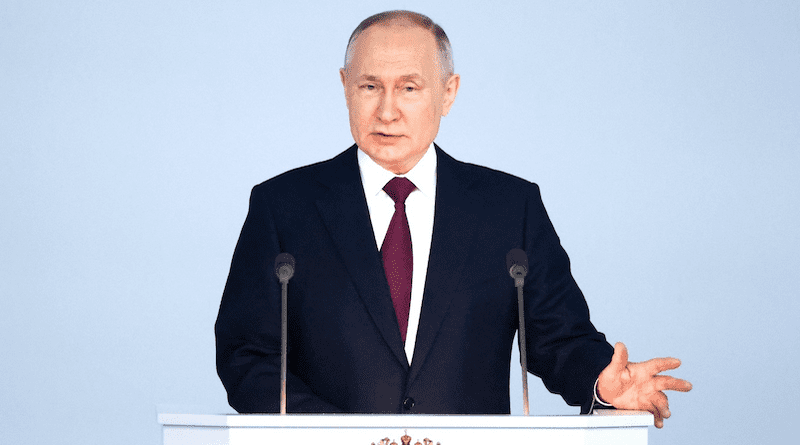Putin Regime’s Use Of ‘Language Of Hatred’ Fomenting Growth In Intolerance And Xenophobia – OpEd
By Paul Goble
The recent case in Moscow about the location of a mosque shows there is a dangerously symbiotic relationship between the increasing intolerance and xenophobia of the Russian population and the use by the Putin regime of the language of hatred to show that it is in line with the population and deserves the support of the latter, Abbas Gallyamov says.
When the Russian population showed that it didn’t want a mosque for NIMBY and other reasons, the Russian commentator says, the authorities quickly moved to adopt the same position lest the anger of the population at Muslims spread to the regime itself (kavkazr.com/a/net-migrantam-i-terroristam-kak-v-rossii-protestuyut-protiv-mechetey/32365872.html).
“The majority of Russia’s residents look at anything ‘alien’ with suspicion,” Gallyamov continues; and the level of hostility towards those deemed to be ‘newcomers’ is growing everywhere, including in Moscow. The conflict over the construction of a mosque there is a natural consequence.”
What is happening is this: the population is hostile to outsiders but it becomes even more so because “the authorities naturally tend to support the majority” as “they need their loyalty.” But it is a loyalty purchased at the cost of the destruction of constitutional principles and the possibility of communal solidarity.
Shamil Albakov, a Chechen activist, agrees. He says that “we do not see any freedom of religion or the protection of traditional values in Russia.” Instead, what we see is a situation in which “the strong have rights, establish their own laws, and when they want to, they apply the law and when they don’t, don’t.”
Where Muslims are numerous and strong as in Chechnya and the Caucasus, Albakov says, “they get ‘the benefits’” of this arrangement; but where they are smaller in number and thus politically weaker, they cannot count on any protections at all.

